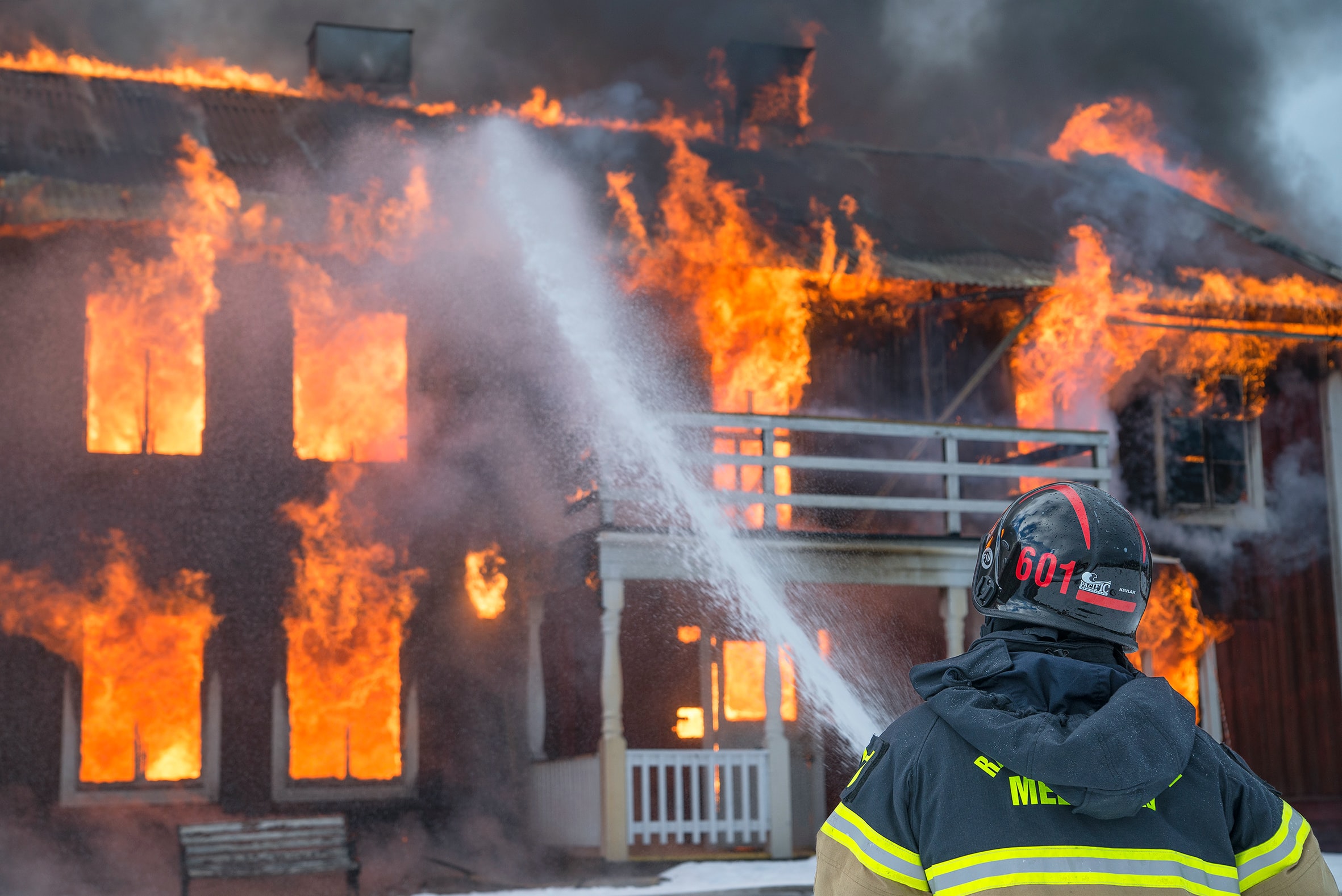Is Your Home at Risk for Fire?
We survived 2020, but there are still a few things to lookout for in January — specifically, a higher risk of house fires.
December, January and February are the leading months for home fires and fire deaths in the United States. And on average, more than one-third of home fire deaths in the United States occur during the winter months.
According to a report from the National Fire Prevention Association, heating equipment fires are the second-leading cause of fire deaths in American homes and the biggest fire culprit December through February. According to the association, most fires could be avoided by taking simple safety precautions.
Among them:
- Ensure the equipment is installed by a trained professional, in compliance with local fire and building codes.
- Keep all portable heaters (whether powered by electricity or fuel) at least 36 inches from anything flammable, including furniture, bedding, clothing (not to mention pets and people).
- Run space heaters only when you are in the room and awake. And, supervise all children and pets when the heaters are in use.
- If you are using a portable kerosene heater, use only fuel recommended by the manufacturer. Store kerosene away from heat or open flame in a container approved by your local fire department, and be sure it’s clearly marked with the fuel name.
- Have your chimney inspected (and cleaned, if necessary) prior to the start of every heating season.
- If using a wood stove, follow the manufacturer’s recommendations for installation, use and maintenance.
- When disposing of ashes from your fireplace or wood stove, make sure all embers are extinguished. Douse with water, then discard away from any structures.
DRO recommends your homeowners insurance reflect the amount of coverage you need to replace your home and possessions. This could mean checking to be sure you have replacement cost coverage. Call us today and we’ll be happy to review and explain your coverage to you.
Disclaimer
The above description provides a brief overview of the term and phrases used within the insurance industry. These definitions are not applicable in all states or for all insurance and financial products. This is not an insurance contract. Other terms, conditions and exclusions apply. Please read your official policy or full details about coverage. These definitions do not alter or modify the terms of any insurance contract. If there is any conflict between these definitions and the provisions of the applicable insurance policy, the terms of the policy control.
